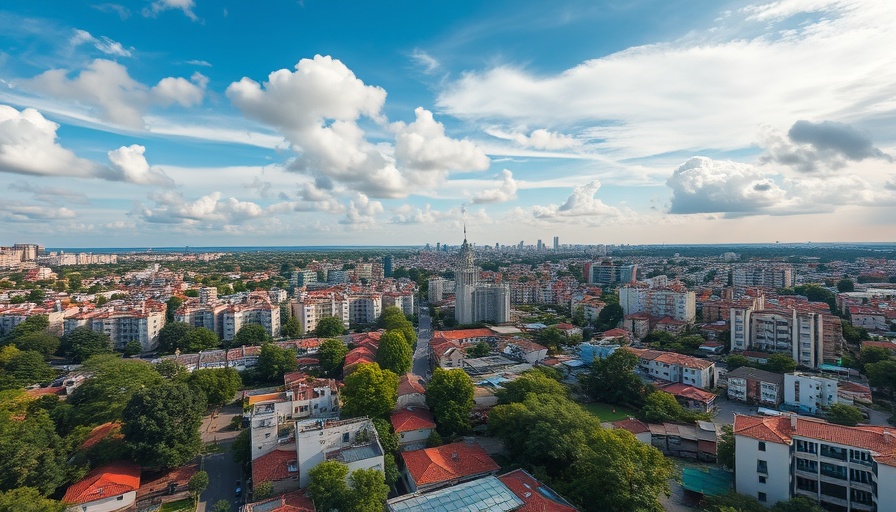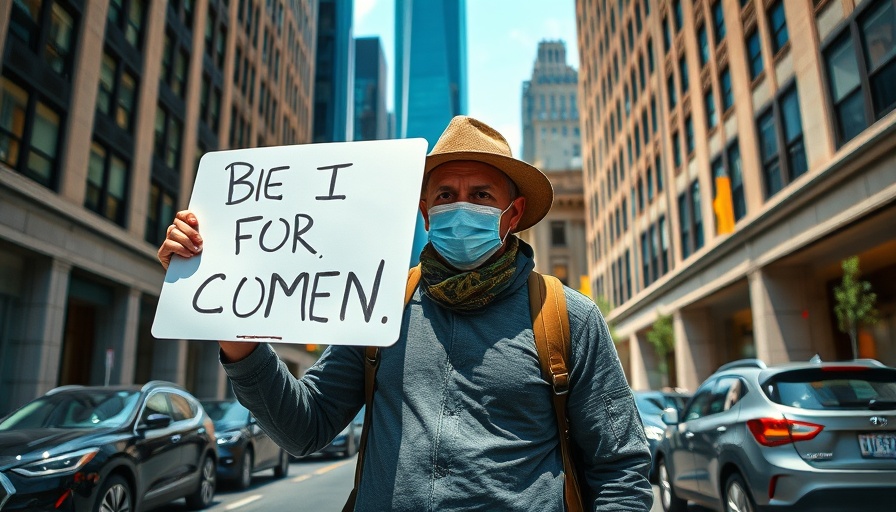
A Tale of Two Berkeleys: The Health Divide
Berkeley, a city renowned for its vibrant culture, lush parks, and walkability, harbors stark disparities in health and well-being among its residents. Recent findings from a community health assessment report commissioned by the city illuminate troubling truths: racial and geographic divides threaten the well-being of many inhabitants, indicating that while some are living well, others are left behind.
The Heart of the Matter: Life Expectancy Disparities
One particularly striking statistic reveals the average life expectancy for African Americans in Berkeley is nine years lower than the city average. This crucial information reflects not just numbers but lives affected by social determinants of health. The report indicates that Black individuals are disproportionately hospitalized for mental health issues, suggesting a deep-rooted legacy of inequality in access to care.
The Rising Demand for Mental Health Support
The need for mental health support has surged significantly, with an estimated 40% of Berkeley adults seeking help, compared to just 24% a decade ago. Particularly vulnerable groups, including LGBTQ+ youth, report higher rates of suicide and unstable housing situations. The community assessment underscores how mental health is intricately connected to other factors like housing status and economic stability, making this an urgent public health concern.
Housing: The Silent Crisis
Many may not immediately link housing to health, yet the report highlights a pressing concern: unaffordable housing can lead to displacement, hazardous living conditions, and loss of community. Over 60% of Black and Latino renters are classified as "housing burdened," paying over a third of their income on rent. With high living costs impacting students, many of whom are also facing homelessness, the crisis demands immediate attention.
Fostering Inclusivity and Access to Services
As the report avows, Berkeley must evolve to ensure social equity by addressing these disparities. The residents themselves echo these sentiments, prioritizing housing and community safety. Achieving a community where all residents thrive requires commitment, resources, and innovative policies that recognize and confront the city’s deep-seated issues.
A Community in Motion
The findings from this community health assessment serve as a wake-up call for Berkeley. Insights from diverse populations paint a comprehensive picture of health disparities that need to be tackled collaboratively. By fostering partnerships among local organizations, healthcare providers, and community members, Berkeley has the opportunity to turn these challenges into stepping stones toward a healthier, fairer future for everyone. As the city looks to implement recommendations from the report, it grips the chance to rewrite its narrative and ensure that living well is a possibility for all of its residents.
 Add Row
Add Row  Add
Add 




 Add Row
Add Row  Add
Add 

Write A Comment